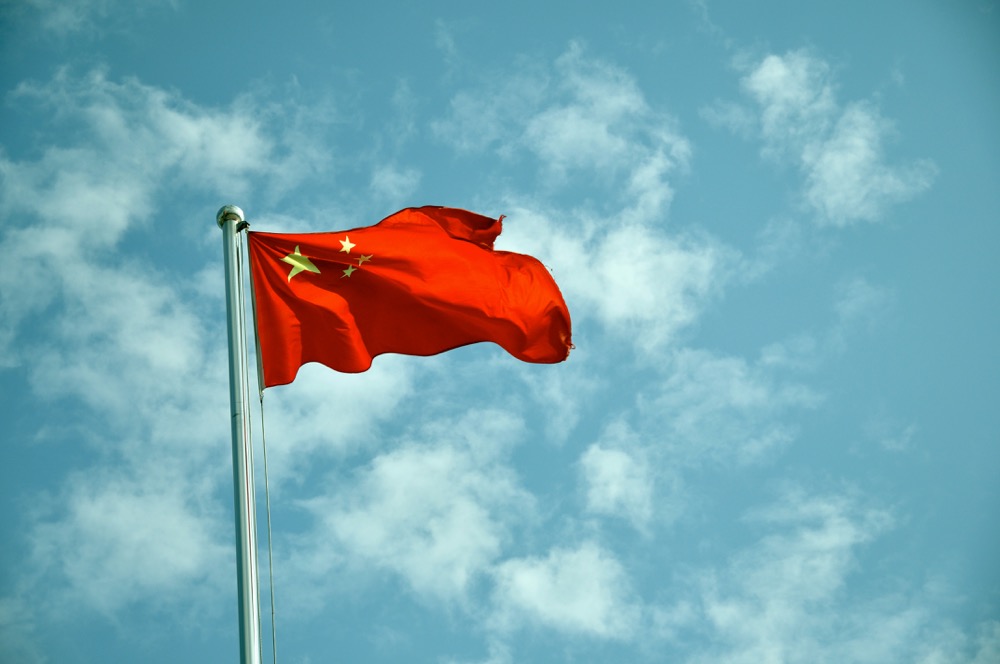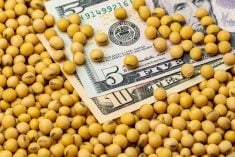Chicago | Reuters—Chicago soybean futures settled higher on Tuesday on strength from a temporary truce in the U.S.-China trade war and a bullish U.S. Department of Agriculture report, though profit-taking pressured prices throughout the session.
Wheat futures sank to contract lows as a higher-than-expected forecast of U.S. stocks and a sharp improvement in U.S. crop conditions added to supply pressure, though futures recovered later in the session. Corn also fell on technical trading.
The most-active CBOT soybean contract Sv1 settled 1-1/4 cents higher at $10.72-1/2. CBOT corn Cv1 closed 5-1/2 cents lower at $4.42-1/2 per bushel.
Read Also

Beijing lifts some tariffs on U.S. farm goods but soybeans stay costly
China will suspend retaliatory tariffs on U.S. imports, including duties on farm goods, after last week’s meeting of the two countries’ leaders, Beijing confirmed on Wednesday, but imports of U.S. soybeans still face a 13 per cent tariff.
Monday’s deal buoyed the soybean market, in which China dominates global imports, by boosting hopes for revived Chinese demand for U.S. farm goods. Monday’s USDA supply and demand report also provided a bullish jolt to the market after the agency pegged U.S. soybean ending stocks below analyst estimates.
“We had the euphoria about the report out yesterday and had the big move up in beans,” said Jason Ward, director of Northstar Commodity. “Managed money was long beans and they were correct going into the report, and today they’re taking money off the table.”
Meanwhile, ideal corn and soy planting weather in most of the U.S. Midwest has added bearish pressure to prices.
CBOT wheat Wv1 rose 2 cents to $5.17-1/4 per bushel, after earlier reaching the lowest on a continuous chart since August 2020. All soft red wheat contracts hit lifetime lows on Tuesday as traders digested bearish USDA reports.
The USDA projected U.S. 2025-26 wheat ending stocks above analyst estimates, contributing to a slight expected increase in global stocks.
In a separate report issued after Monday’s close, the USDA also estimated that the condition of U.S. winter wheat crops improved sharply last week.
—Additional reporting by Ella Cao and Lewis Jackson in Bejing and Gus Trompiz in Paris










